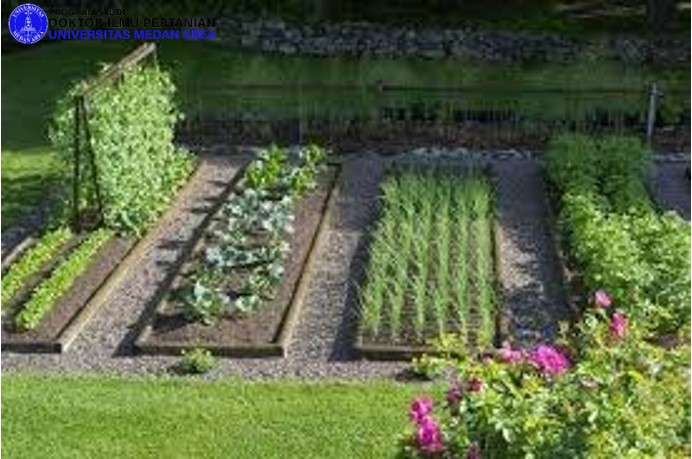
Today, organic gardening is an incredibly popular hobby and career that is emerging. The demand for products that come from organic grown plants and crops is numerous. Now is the time to enter into it. Here are some tips that you can use to get started with your organic gardening strategies.
Water your organic garden with storm water runoffs and collected rainwater. Rainwater is more pure and better for plants than home tap water, because it won’t contain chemicals such as chlorine or fluoride. Using rainwater also helps in reducing your overall water usage. Rainwater can even be stored in barrels or cisterns to be used during dry spells.
Organic
Coat your flower beds with a few inches of an organic mulch. Covering the beds with mulch serves multiple purposes; it helps the flowers by retaining moisture and adding nutrients, and it discourages the growth of unwanted plants. Also, the flower beds will look beautifully maintained at all times.
Most organic fertilizers will not harm the soft roots of plants, unlike, synthetic fertilizers. A great way to use an organic fertilizer is to mix it with the top two inches of soil next to the plant. This is called side-dressing, and it is usually worked into the soil during the growing season.
If you have plants that love acid in your organic garden, especially tomato plants, then coffee grounds make great mulch. It’s simple to scatter the coffee grounds around your plants and then sit back and let the high levels of nitrogen help your acid-loving plants grow to great heights all summer long.
Vegetable
If you want to grow vegetables, but do not have the room, consider planting vegetables that grow on a vine. Vegetables like squash, melons, and tomatoes can be trained to grow up along a trellis or fence. You can make use of vertical space to get the vegetable garden that you want.
Use companion plants. Companion planting is the pairing of plants within your vegetable garden, such as planting cabbage with tomatoes. Companion planting helps reduce the problems with insect pests, as it attracts natural pest-controlling wildlife. Companion planting is also a better use of the space in your garden, since you basically have two plants in the same plot.
Plant your own seeds to guarantee organic produce. Sowing your own vegetable seeds gives you the comfort and assurance that your produce has been grown organically from seed to table. Choose plants that are easy to germinate such as broccoli, cabbage, basil and tomatoes. Find out the best time of the year to sprout your chosen produce.
Fruits
You will need to rotate the plants on a regular basis when you have an indoor organic garden. Plants need to get light from all directions in order to grow properly. If they are not rotated, plants will bend toward a light source, which can actually cause them to produce less fruits and vegetables, than they would have if they had been rotated.
Make easy work of washing your organic produce with a laundry basket. As you pick your produce, lay them in a plastic laundry basket, which works as a strainer. Hold the hose over the top and the water can make quick work of rinsing all the dirt and other matter off of your fruits and veggies.
An organic alternative to chemical fertilizer is compost. You can make your own compost by using fruits, vegetables and other organic wastes from your home. Compost gives your soil the nutrients it needs and improves its structure.
You should now see why this hobby and career is very popular. There is a lot that you can do in it. There is lots of information on how to start enjoying the benefits of it. By following these tips, you are well on your way to becoming a successful organic gardener.
